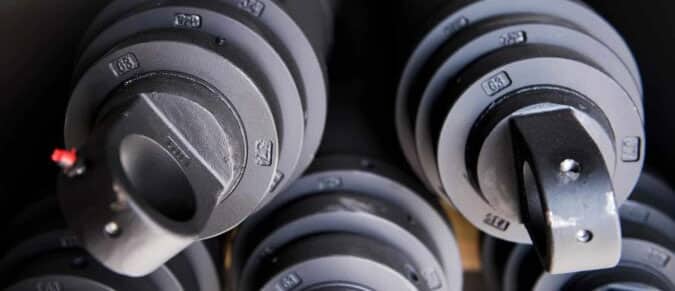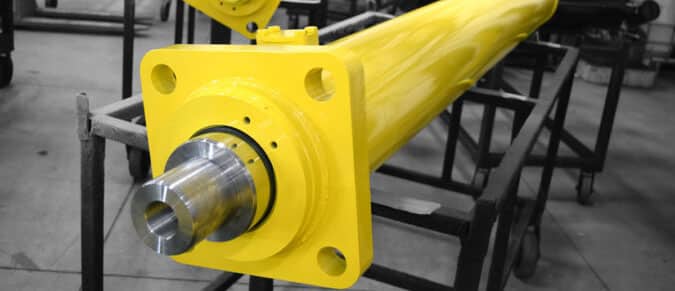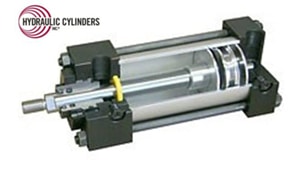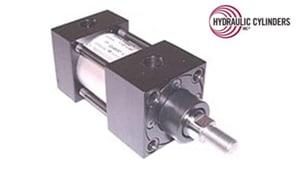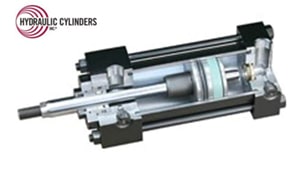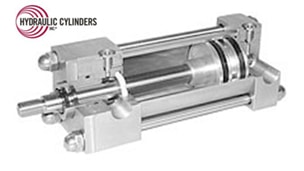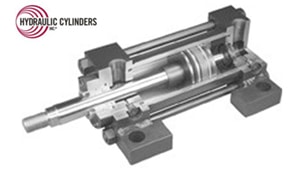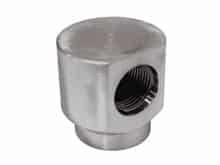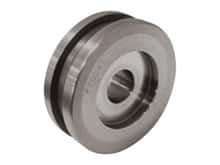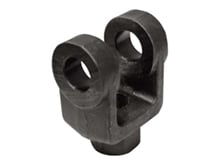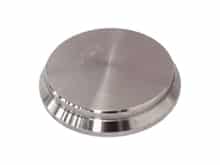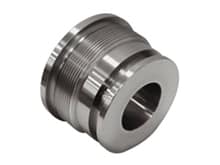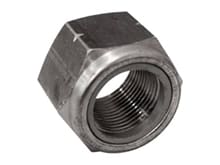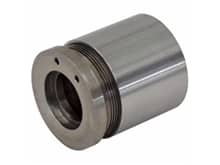Temperature Stability in Hydraulic Systems

To elicit optimal hydraulic cylinder performance, it is necessary to have temperature stability through all lubricating and hydraulic fluids. Excessive heat, as well as cold temperatures, can wreak havoc on your hydraulic cylinders. Fluid viscosity and component materials can be compromised by temperature extremes within hydraulic systems. These extremes can cause performance issues and/or complete hydraulic system failure.
While most hydraulic cylinders are engineered to withstand normal levels of heat loads, hydraulic fluid instability can also create operational issues that can affect the hydraulic system’s operating shelf life.
High Heat Temperature Effects on Hydraulic Systems
To ward off oil oxidation and subsequent hydraulic fluid contamination, it is crucial for hydraulic systems to maintain temperature stability. Additional effects of high heat temperatures on hydraulic systems include:
- Oil viscosity. High temperatures can cause a decrease in fluid viscosity, increasing the likelihood of damage and wear.
- Chemical stability. Degradation of chemicals can occur at extremely high temperatures.
- Accelerated wear due to anti-wear additives.
- Complete system failure.
Advanced designed hydraulic systems can potentially mean increased power density. With this type of increase, higher hydraulic fluid temperatures can become more prevalent and occur more frequently. Utilizing additives to help ward off reduced viscosity can also exacerbate the high-temperature issue depending on the chemical makeup of the additive.
Reducing Heat Generation
Methods for reducing high temperatures in hydraulic systems can include and are not limited to:
- Install heat exchangers to remove excess heat.
- Install a barrier to insulate the heat source.
- Attempt to reduce high heat temperatures through natural temperature dissipation.
- Use oil to air heat exchangers/air-cooled exchangers
Low-Temperature Effects on Hydraulic Systems
While high temperatures can destroy hydraulic systems, so too can low temperatures. Low-temperature effects on hydraulic systems include increased oil and hydraulic fluid viscosity. Fluid thickening can continue to where liquid congeals and inhibit fluid flow. Thicker fluid viscosity can also damage your hydraulic systems with a lack of lubrication and increased mechanical friction.
Other low-temperature factors that can affect hydraulic system performance involve rubber components within the hydraulic system. Hydraulic seals, mounts, and hoses can incur damage when exposed to extremely cold temperatures.
One increasingly important factor when discussing low temperatures and hydraulic system functions include the use of elastomers as hydraulic system components. Elastomers are primarily used for hydraulic hoses and can become brittle, hard, and deformed when exposed to extremely low temperatures. Other components such as elastomeric seals and mounts can also crack or tear due to extremely cold weather conditions.
Keep Your Hydraulic System Running Optimally
Ensure your hydraulic cylinders run optimally by testing fluid quality and keeping hydraulic filters well-maintained. If your hydraulic cylinder has shown a decrease in performance or efficiency, a lack of temperature stability within your hydraulic system may be the culprit.
Check out HCI’s replacement hydraulic cylinders and hydraulic component parts. If you need more assistance with selecting the best replacement hydraulic cylinder, call us at 1-866-817-9071. We can walk you through the measurement process and help determine which replacement cylinder type is best suited for your needs.

